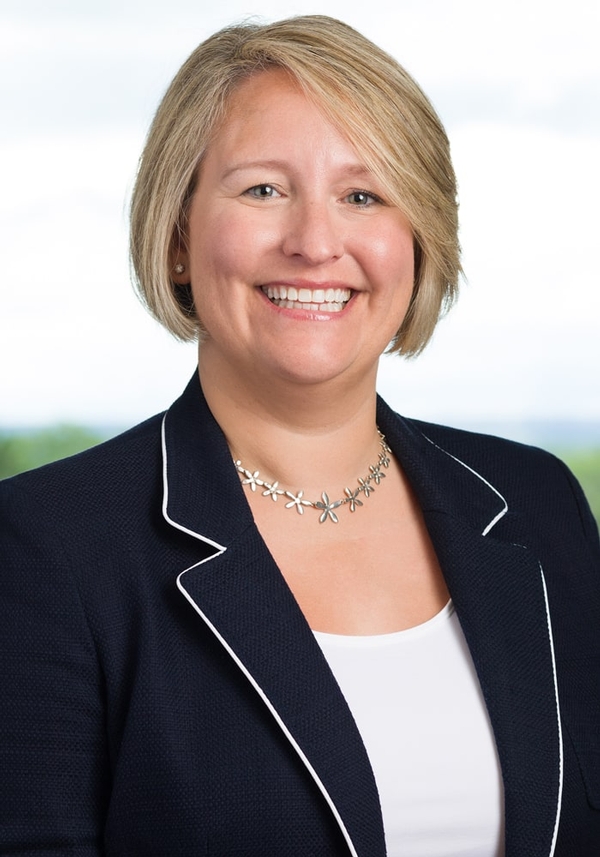Oct 6, 2020
The Role of Advocates in Special Education Matters Clarified
On September 30, 2020 the New Jersey Supreme Court Committee on the Unauthorized Practice of Law issued Opinion 56 regarding the role of non-attorney advocates in special education matters. The Committee’s opinion specifically enumerates what activities are permissible for non-attorney advocates and what activities constitute the unauthorized practice of law. While much of the opinion cautions non-attorney advocates, and attorneys who work with such advocates, on what is and is not permissible, it also unambiguously declares that advocates cannot speak for parents outside of due process hearings.
A long standing protection of the Individuals with Disabilities Education Act (IDEA) is that parents of students with disabilities have “the right to be accompanied and advised by counsel and by individuals with special knowledge or training with respect to the problems of children with disabilities” at due process hearings. 20 U.S.C. § 1415(h)(1). To represent a parent in a special education due process hearing at the New Jersey Office of Administrative Law (“OAL”), a non-attorney advocate must submit a certification describing the specialized knowledge or training they have with respect to the educational needs of students with disabilities and certify that they are not receiving a fee for their representation of the family. If the certification is accepted by the administrative law judge presiding over the dispute, the advocate may “submit evidence, speak for the party, make oral arguments, and conduct direct examinations and cross-examinations of witnesses” at the hearing. N.J.A.C. 1:1-5.5(e). Notably, the Committee finds that “if no application is filed or a fee is charged for these services, the non-lawyer is engaging in the unauthorized practice of law.” The opinion further cautions attorneys who work with non-attorney advocates against partnering with an advocate, reminding attorneys that they cannot share legal fees with non-attorney consultants and must be hired independently by parents.
However, as district child study teams are well aware, non-attorney advocates do not just assist in the courtroom. It is not uncommon for parents to consult with special education advocates to analyze evaluation results, opine on the appropriateness of IEP programs, and participate in IEP meetings. The Committee opinion recognizes this longstanding practice and acknowledges that advocates “may charge fees for advising parents regarding educational problems, evaluating such problems, the proper educational placement for children with disabilities, and producing technical reports.” However, the opinion makes it clear that non-attorney advocates cannot speak for parents at IEP meetings or mediations.1 The Committee found that non-attorney advocates may assist parents in negotiations concerning a child’s IEP, “provided the parents are present and contributing to the effort and the non-lawyer does not represent them or speak on their behalf.” Based on this unequivocal finding, case managers should be prepared to ensure that parents are active members of the IEP Team, even when parents are assisted by a non-attorney advocate, and not rely only on an advocate to present the “parent” input at a meeting.
For more information on this Legal Alert or related issues, please contact the education law attorneys at Schenck Price.
DISCLAIMER: This Alert is designed to keep you aware of recent developments in the law. It is not intended to be legal advice, which can only be given after the attorney understands the facts of a particular matter and the goals of the client.
1While not specifically mentioned in the opinion, this provision clearly must extend to resolution sessions held in response to parents requesting a due process processing.

